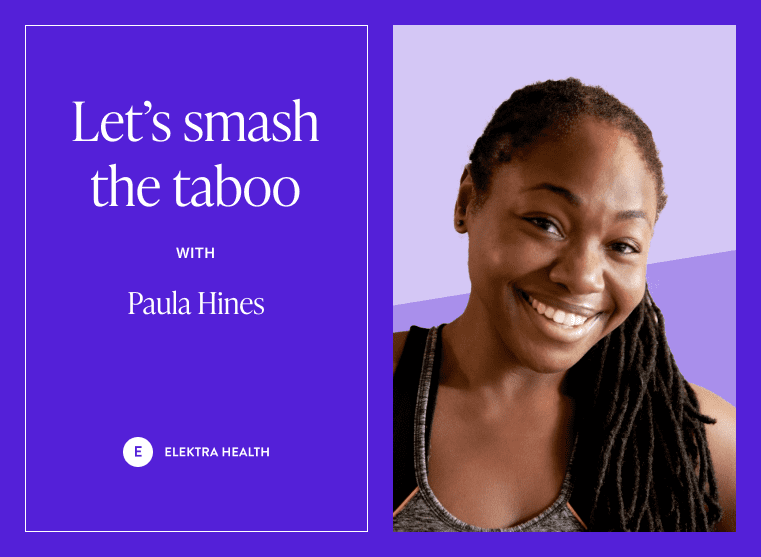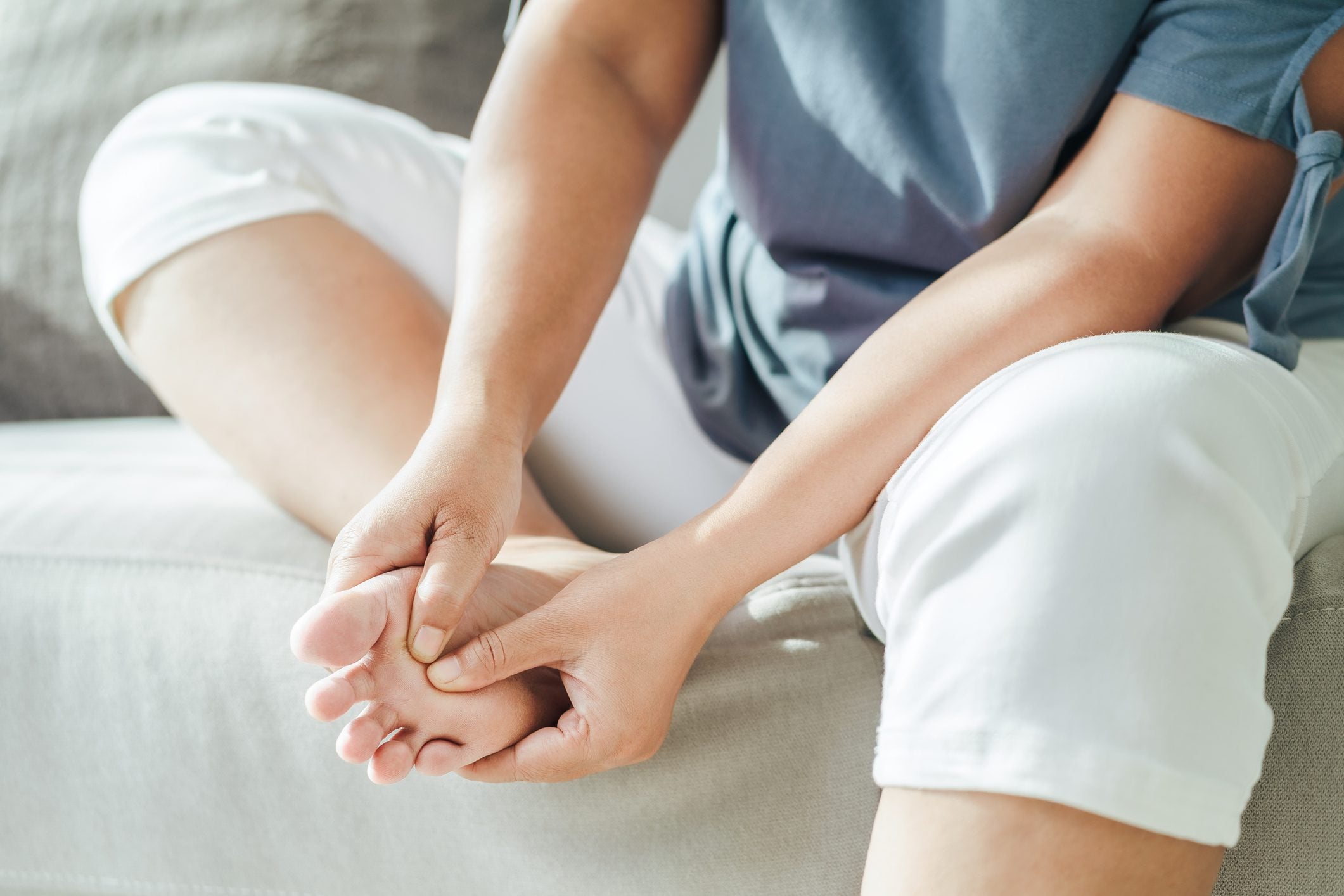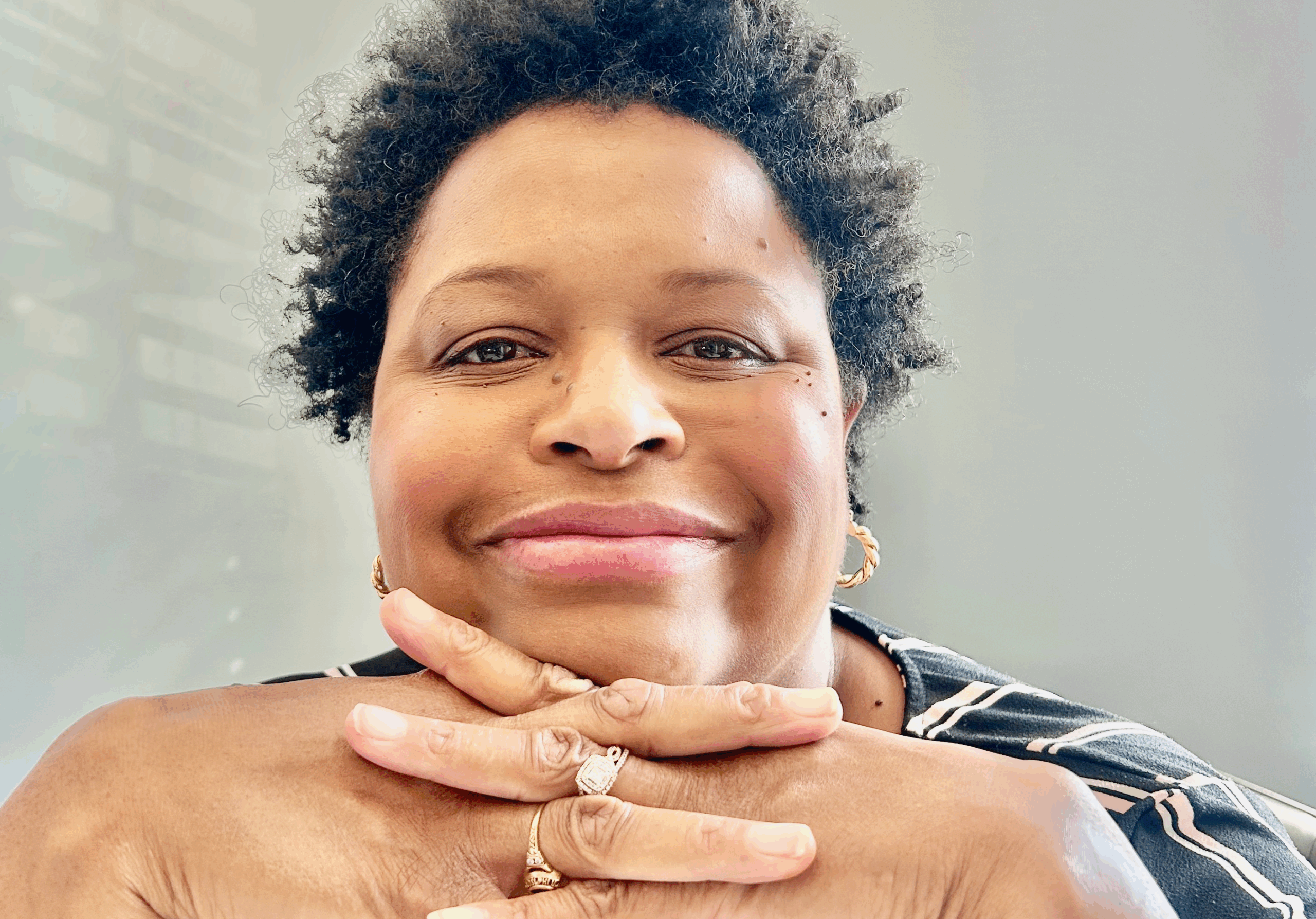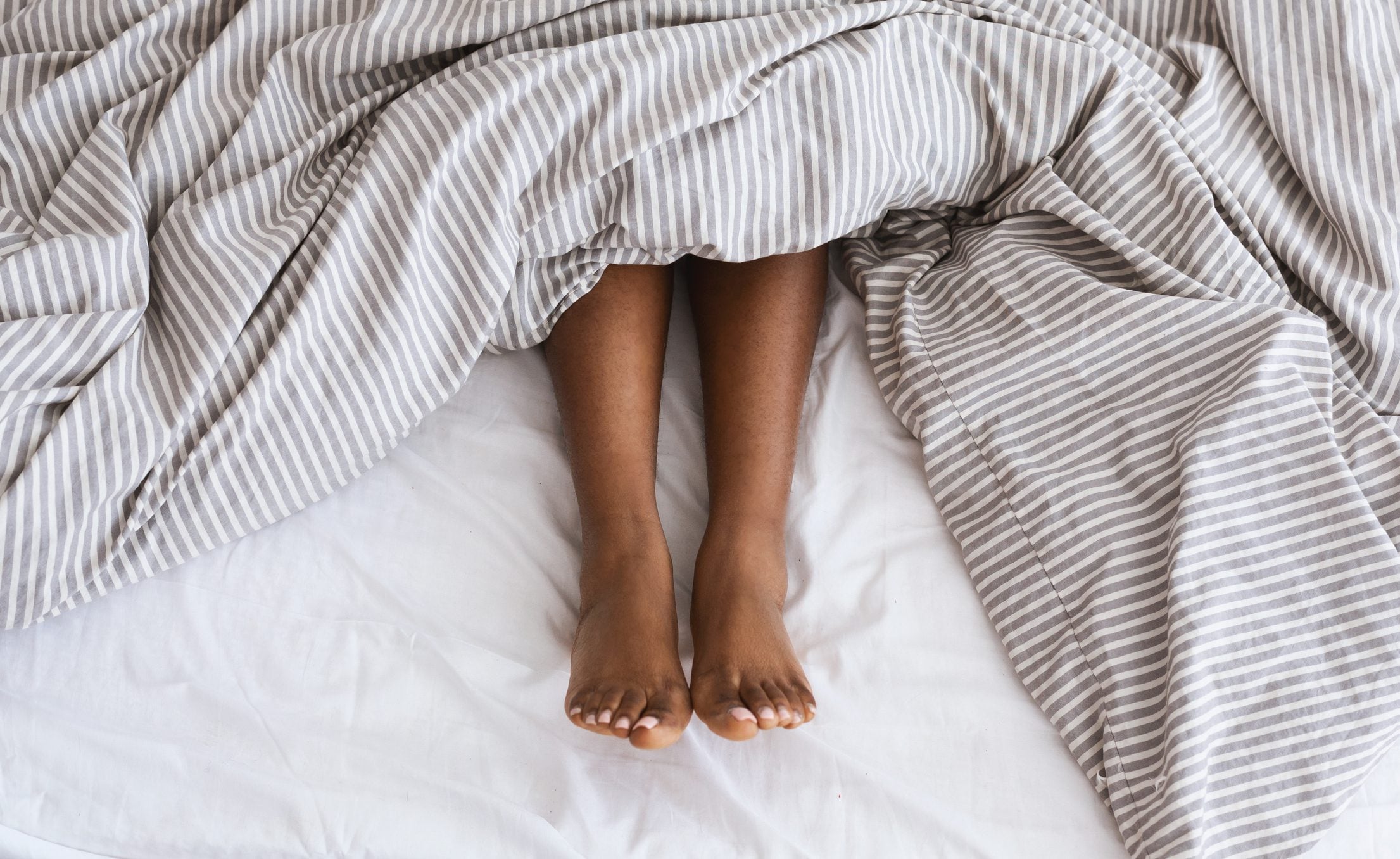
Published on Jan 10, 2021
Last modified on Mar 08, 2021
#TabooSmasher Spotlight: Paula Hines, yoga teacher and writer
3 min read

Paula Hines is a yoga teacher and writer based in London. She has practiced and studied yoga for 20 years and has contributed as a columnist for OM Yoga & Lifestyle magazine for 10 years. Previously, Paula worked in TV, as a comedy script editor and writer. Paula focuses her teaching on restorative yoga, yin yoga, and yoga nidra (‘yogic sleep’).
Where are you in your hormonal health journey?
I am perimenopausal and started experiencing symptoms in my late-30s/early-40s. I’m now in my mid-40s and, thanks to researching and studying, have been able to manage symptoms – my yoga practice is a big part of that.
What’s one word or phrase that comes to mind when you think of menopause?
New Chapter. Also, Evolution.
Which menopause symptoms have you experienced?
When I first experienced brain fog, I was really worried I was losing my memory. I also experienced anxiety – I had what I believe was a panic attack, having never experienced one before – and incredibly low moods. Some days, getting out of bed was a struggle. I was fearful that I was losing myself. I did not feel like myself anymore. So, when I learned these were all symptoms of perimenopause and menopause, it all started to make sense. I had also experienced night sweats prior to this but did not connect the dots.
“Make time for rest – whatever that looks like for you. Rest is nourishment.”
We know menopause can be challenging, but it can also be funny, enlightening, liberating, energizing, and more. Do you have an anecdote or reflection that shows another side of menopause, beyond what we’re conditioned to “fear” as women?
One thing I have found so far, which is liberating, is that I find I care less and less about what other people think with each passing year. There isn’t that need for outside validation that we often have when we are much younger. I also feel much happier to say “no” now. This is far healthier than people-pleasing, which results in (usually women) feeling resentful and depleted.
What helped you throughout your hormonal health journey (treatment, product, mantra, routine, friends, etc.)?
My mantra is, “Make time for rest – whatever that looks like for you. Rest is nourishment.” Once I realized that my hormones were the reason behind what I was experiencing, I turned to what I knew in order to help myself – my yoga practice.
One thing I would like to share here is that it is helpful to be aware that your ethnicity might have a bearing on your experience of menopause. For instance, I am a Black woman and I had no idea that Black, Asian, and Middle Eastern women tend to reach menopause earlier (between the ages of 48-49). Most of the literature out there tells us that the average age is 51. So, when I was experiencing symptoms in my late-30s, it didn’t even cross my mind that menopause might be a factor.
Another big thing for me was looking at my diet and making some amendments. Equally important was looking at my schedule. I am a workaholic in recovery. I used to over-commit then wonder why I was tired and wired much of the time. Now, I accept that there is only so much one can do in a day and, where possible, I will take things off my to-do list. Within all of this, making time for rest – whatever that looks like for each of us – is crucial.
“I see this as a time when we can move into our fullness and become even more of ourselves.”
What do you want the world to hear?
I feel that it is possible to thrive through menopause and beyond. It’s unfortunate that, for so long, menopause has been something to dread, to suffer through, and something shrouded in mystery. When I was younger, I remember occasionally hearing my mother’s generation talk of “the change” in hushed tones – I don’t recall hearing the word ‘menopause’. But thankfully, there is more information out there now, it is being taught in schools, and more of us are talking, sharing, and finding ways to support each other.
I see this as a time when we can move into our fullness and become even more of ourselves. When I share yoga nidra, I often say that nidra brings us closer to our true nature, our true essence. I feel that there is something about embracing this time that brings us closer to our true nature too. I feel optimistic about this new chapter.
Is there anything you wish your younger self would have known? Or do you have words of advice for women starting their journey?
From my own experience, I would advise younger women to have a strong “no”, so that when you do say “yes” it is with your whole heart. Also, you do not have to do all the things – you can do anything, but you can’t do everything.


